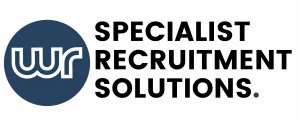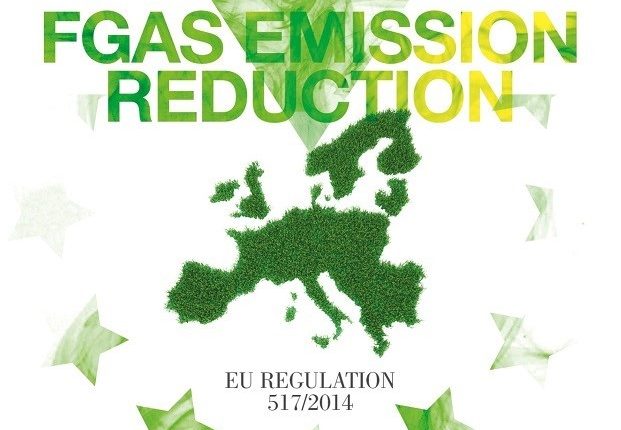How will F-gas regulations effect access to talent?
In HVACR, the ongoing skills shortage is a well-known topic of discussion. Organisations have increasingly found it difficult to fill roles in recent years, with 91% of organisations in the UK struggling to find workers with the right skills over the past 12 months.
On top of this, with the UK making it a priority to cut carbon emissions –many different pieces of legislation have been introduced which could boost the demand for skilled professionals and affect access to talent. As an industry that has a substantial influence in reducing the UK carbon footprint and creating sustainable environments – this is bound to affect HVACR.
For instance, the government has put plans in place for an 80% reduction on carbon emissions on commercial buildings by 2050. However, one piece of legislation that could substantially affect HVACR is the upcoming F-gas regulations. Here’s what you need to know.
Access to talent: What are the F-gas regulations?
In recent years, as the UK looks towards a low-emission future, some of the most commonly used refrigerants have fallen out of favour due to their damaging impact on the environment, with many being phased out for less harmful alternatives. For this reason, strict regulations around F-gas were introduced to control the use of fluorinated greenhouse gases in Europe.
F-gas is contained in most commercial refrigeration units, transporting heating around the system either away from an area to cool it, or towards an area to heat it. Changes in legislation will affect a wide range of cooling systems and industries, including remote retail refrigeration, walk in fridges, cellar coolers and chillers.
As a result, any owners and manufacturers of refrigeration and air conditioning systems located in the EU and UK need to ensure their systems are compliant with these regulations. By January 2020, all refrigerants with a GWP above 2500 will be banned.
Those with equipment affected by the upcoming ban will have to either:
- Retrofit the existing system
- Service the system using reclaimed refrigerant
- Replace the system with one that uses a lower GWP refrigerant
Companies will be liable for prosecution if they do not comply with regulations. Under the new rules, it is increasingly difficult to delegate responsibilities to service and maintenance contractors. A person found guilty of an offence under the regulations is liable, on summary conviction in a Magistrates’ Court, to a fine up to the statutory maximum (£5,000) and an unlimited fine on conviction in the Crown Court.
How will this influence talent?
So, how will the F-gas regulations influence access to talent? In order to implement legislation, a large amount of manpower will be needed. Non-compliant units across the country are going to be refitted and replaced, and all newly manufactured units will have to meet F-gas regulations. A vast array of professionals will be needed to carry out a number of tasks, including arranging appropriate refrigerant recovery, servicing, disposal and leakage checks.
This likely mean that demand will skyrocket for highly qualified staff. Personnel will all have to possess a recognised national refrigerant handling qualification, such as a City or Guilds 2078, CITB equivalent, or a European qualification of the same level.
However, while demand for these staff will rise, legislation changes are coinciding with the UK’s exit from the EU. Currently, a large amount of highly qualified HVACR talent is being hired from the EU.
However, with EU immigration to the UK set to be slashed by 80% after we leave the bloc, according Sajid Javid, a drop in available talent pools could highly exacerbate the situation.
A complicated picture
While the F-gas regulations could potentially have a huge effect on access to talent, this is far from the only factor influencing skills shortages and, indeed, the entire HVACR sector.
With an ageing workforce rapidly approaching retirement, and a lack of interest from young professionals in pursuing a career in the sector – it’s important that businesses adopt smart talent strategies in order to cope with today’s challenges, and build pipelines for the future.
At WR HVACR, we have unfettered access to highly qualified HVACR talent pools that can help your organisation keep up with any regulation changes, talent shortages, and any challenge that the industry may throw at you.
Contact us today and we’ll connect you with one of our specialist HVACR consultants. We’ll take time to understand your challenges and goals, and help you target the best talent possible.
Call us today on 0330 333 5074


